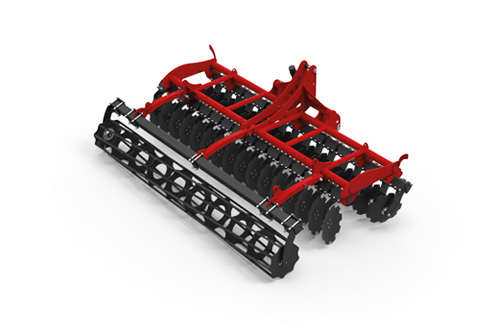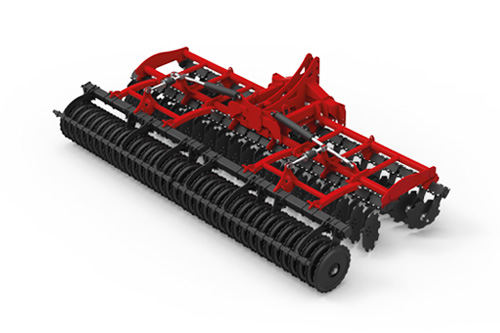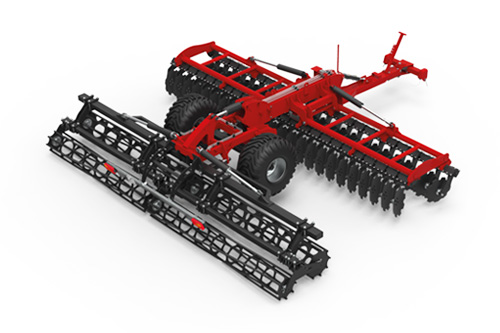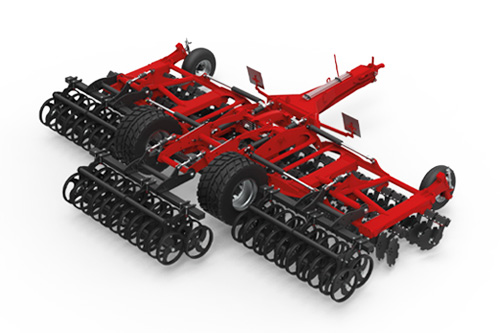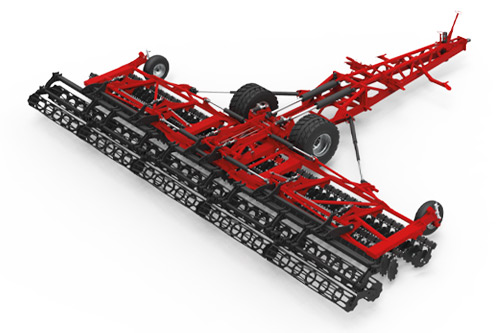Normandie+, Rapide and sipmple shallow stubble Cultivator
Normandie+, the 3 in 1 stubble cultivator from Gregoire Besson. Combine the reduced per hectare cost for your tillage with this sprayer for excellent residue incorporation and excellent performance
NORMANDIE+
Shallow Stubble Cultivators Configure your Normandy
Various working depths
from 2 to 12 cm
Produce different finishes according to soil, working conditions and your disc harrow attachments.
Fast stubble ploughing
(Australia)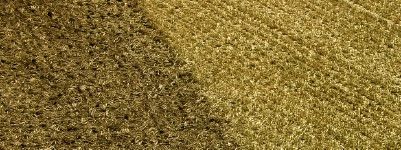
Ploughing back
(Canada)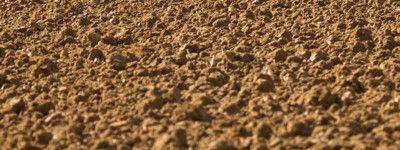
Seed bed preparation
(France)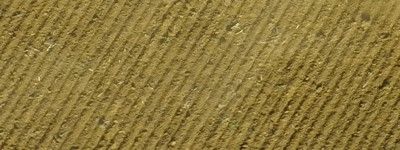
Let’s talk about agronomy...
Residue decomposition
The Normandie+ evenly distributes crop residues and organic matter in the surface layer.The soil is enriched as organic matter is added by the humified residue and earth mixture.
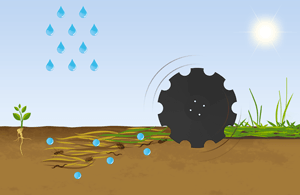
Self-seeding
When the Normandie+ passes with a depth no more than 5 cm, it creates conditions conducive to weed emergence by encouraging soil-seed contact.Seed stock lifting is dependent on soil moisture and the choice of the roller. Once germinated, a final pass destroys weed emergence and reduces the surface seed stock by about 40%.
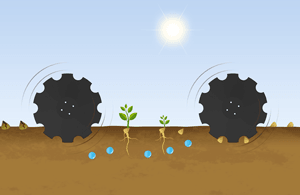
Pest control
The Normandie+ destroys adult pests and eggs on the surface.Slugs and insects are eliminated by either mechanical action or surface dehydration.
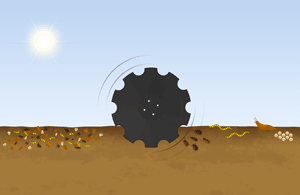
Soil warming
All seeds need balanced conditions to germinate: water, air, heat and soil. With each pass, the Normandie brings moisture from the lower layer and aerates the soil. The soil then warms in the sun.The independent disc harrow thus provides the conditions for rapid germination which in turn means good planting.
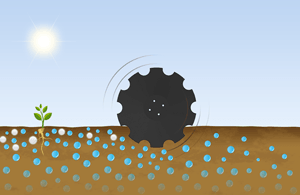
Soil-seed contact
Germination begins when the seed absorbs a large amount of water. For the seed to have access to water, it is important that soil clods surrounding the seed are not too coarse. The seed can take water from the soil when it has good contact with the soil.In order to start photosynthesis, the seed also needs to be in contact with air and light. The soil covering the seed must be loose enough for it to have access to oxygen and for its vertical development in both directions to be unrestricted.
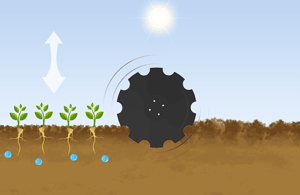
Erosion control
The combined actions of the discs and the Normandie rollers provide excellent soil structuring. By breaking open potential surface crusts, water infiltration and retention capacity is increased.By creating a mulch and leaving behind micro-furrows, Normandie equipment helps to limit erosion. Wind effects are limited, water storage capacity is improved and evaporation is reduced during intercrop periods.
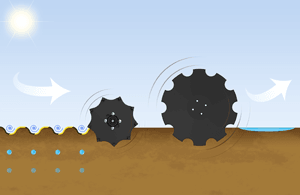
A range of 20 to 96 independent
discs for all tractor types
Normandie+ 50
Tractors:
Working width:
Transport width:
Working width:
Transport width:
50 → 210 hp
36,77 → 154,46 kW
2,50 → 4,00 m.
8,20 → 13,12 ft
2,50 → 4,30 m.
8,20 → 14,11 ft
Normandie+ 60
Tractors:
Working width:
Transport width:
Working width:
Transport width:
125 → 310 hp
91,94 → 228,01 kW
4,00 → 6,00 m.
13,12 → 19,69 ft
2,50 → 2,50 m.
8,20 → 8,20 ft
Normandie+ T60
Tractors:
Working width:
Transport width:
Working width:
Transport width:
125 → 210 hp
91,97 → 154,46 kW
4,00 → 6,00 m.
13,12 → 19,69 ft
2,50 → 2,50 m.
8,20 → 8,20 ft
Normandie+ T70
Tractors:
Working width:
Transport width:
Working width:
Transport width:
210 → 310 hp
154,46 → 228,01 kW
7,00 → 9,00 m.
22,97 → 26,25 ft
3,00 → 3,00 m.
9,84 → 9,84 ft
Normandie+ T80
Tractors:
Working width:
Transport width:
Working width:
Transport width:
310 → 600 hp
228,01 → 441,30 kW
10,00 → 12,00 m.
32,81 → 39,37 ft
3,00 → 3,00 m.
9,84 → 9,84 ft
Two big notched discs
Application
Volume of vegetation
Big notches
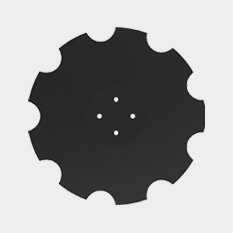
- Diameter: 510 mm
- Thickness: 5 mm
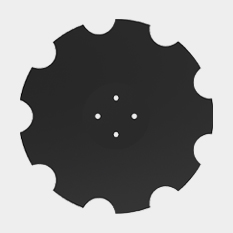
- Diameter: 560 mm
- Thickness: 5 mm
A question of angles
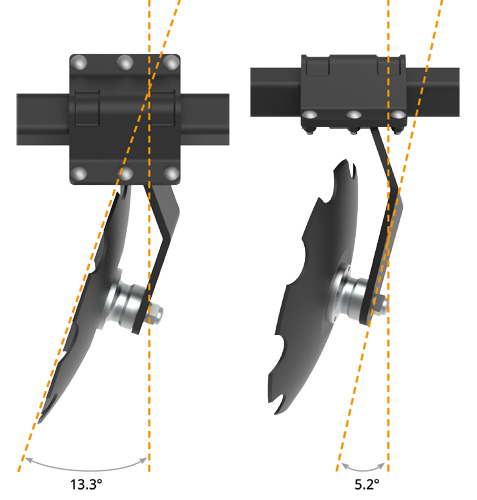
An excellent cutting
The tilt angle ensures a good penetration in the soil even in dry conditions.The attack angle (combined with a curved disc) ensures a good cutting of the plant residues.
The traction point is optimised, so less tractor power is required and fuel consumption is kept to a minimum.
Finally, the overlapping between the two disc gangs prevents from premature wear.
Maintenance-free elastomer
overload protection
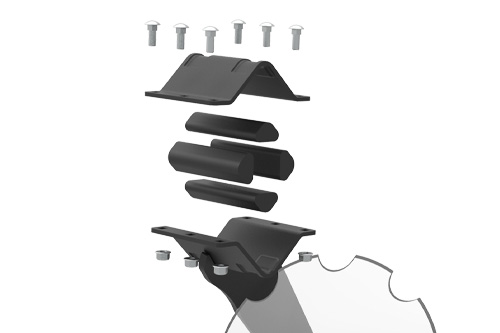
The working part of the Normandie+ is fixed to the frame by means of 4 triangular elastomer pieces and 6 screws. They act as a safety device when hitting against an obstacle (release up to 14 cm). These triangular rubbers are perfectly adjusted to the fixing caps, with no risk of play or wear. This safety device ensures an individual release of each disc for perfect ground following.
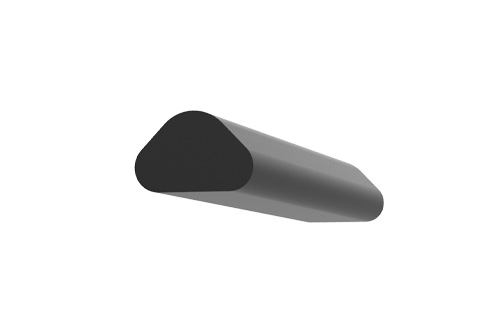
The disc arms, permanently fixed by 6 bolts, are shaped for a better passage in plant debris and to avoid the accumulation of earth.
The reinforced arm shape ensures rigidity and avoids deformations at high speed.
The bearings, guaranteed for 5 years, are maintenance-free and give you peace of mind to concentrate on your work.
The reinforced arm shape ensures rigidity and avoids deformations at high speed.
The bearings, guaranteed for 5 years, are maintenance-free and give you peace of mind to concentrate on your work.
Rollers and harrows for all types of soils, conditions and finishes
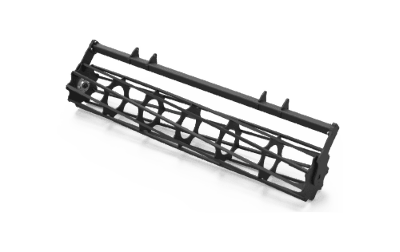
Single bar roller
Aggressive on plant residues, this roller enables you to create a uniform mulch and accelerate stubble degradation while maintaining a good level of moisture in the soil. It is light and economical.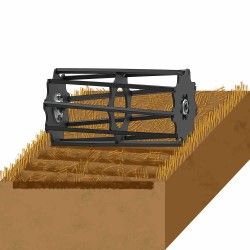
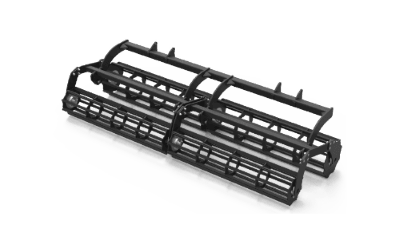
Double crumbler roller
Twice as active, the double bar destroys the most resistant plant residues and leaves behind an excellent finish thanks to the difference in diameter between the front and rear roller. The unit is mounted on a pivot to follow land contours.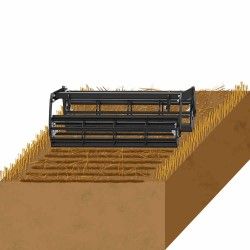
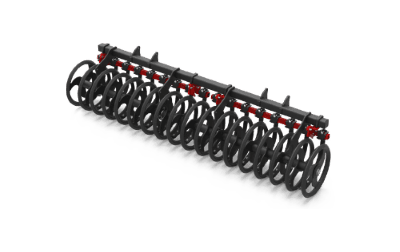
Impak V roller
In wet conditions, the Impak roller allows uniform soil consolidation. Scrapers prevent soil build up and level between the passes of the roller wheel rows.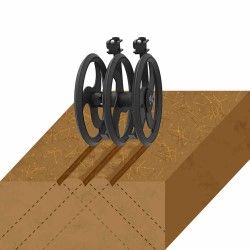
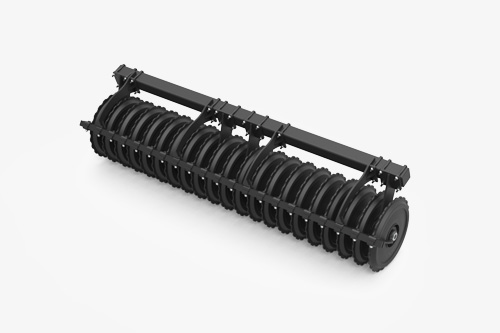
Emopak V roller
This roller is made of flanged, V-shaped and notched wheels. The Emopak V’s mass gives you good consolidation, resulting in excellent in-line finishes. For self-seeding, it offers perfect soil/ seed contact. It excels in dry, stony and cloddy soils.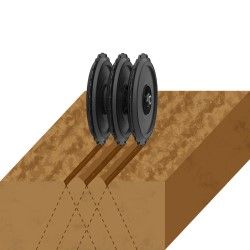
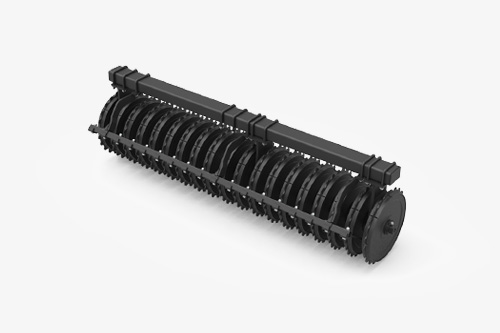
Emopak P roller
The flat-profile Emopak, considered to be a heavy roller, enables shallow compaction. It is ideal for self-seeding. It crushes clods and helps with seedbed preparation to germinate weeds.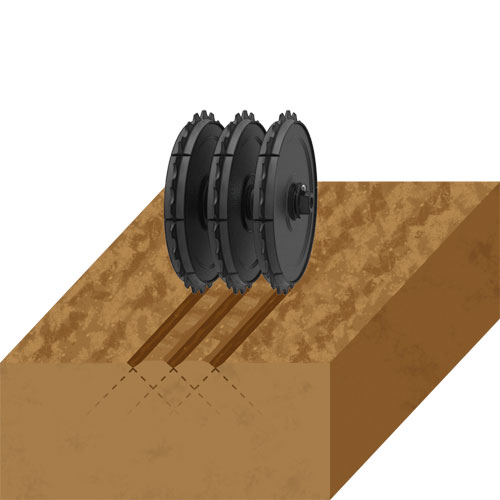
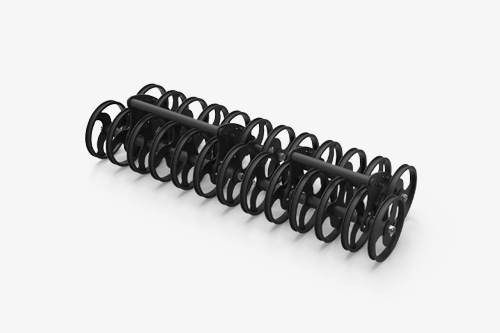
Double roller Impak U
The double Impak U roller provides good load-bearing capacity and earth contact for light to medium-heavy soils. The bearings are integrated directly into the cage for minimum space between the rollers. The optimised re-crossing ensures a homogeneous work.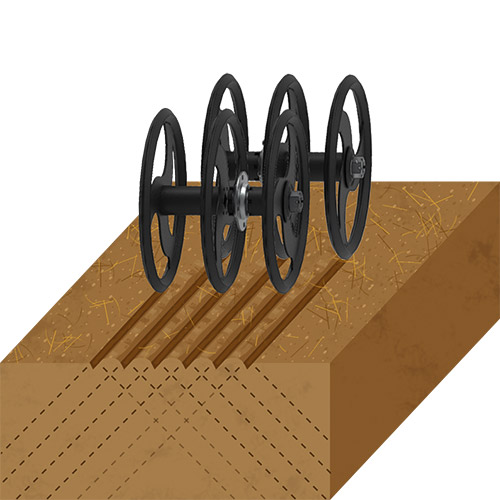
Maintenance-free bearings
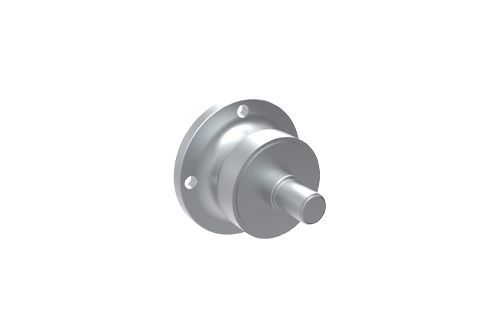
SKF bearings
Sealing and lubrication are reinforced on the bearings in the Normandie+ range. Spaced 250 mm from each other, they have a large contact surface on the disc and ensure perfect ground following. They have a low operating cost, guaranteeing minimum intervention time and maintenance costs. The bearings come with a 3-year guarantee for the entire Normandie+ range.Overview
- 1.Reduced costs per hectare
- 2.Simplified and economical maintenance
- 3.3 applications in 1 machine
- 4.Designed for high work output
- 5.Reinforced structure for high speeds
- 6.Optimized arm and disc angles
- 7.Rollers adapted to each finish
- 8.Great integration of residues
- 9.Simple transport and storage
- 10.Effective in all conditions

Configure your Normandy www.gregoire-besson.com
Choose your stubble disc harrow according to yourtractor power and select the options that interest you.
Fri Feb 13 2026 22:48:43 GMT+0000 (UTC)
Contact
+1 450-253-5615
GB Group Canada
5530 Av., Trudeau
QC J2S 1H4 Saint-Hyacinthe
Canada
Lat., Long.: 45.63649, -72.975388
